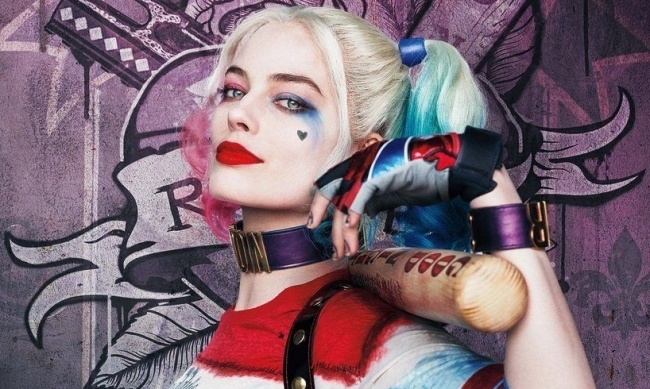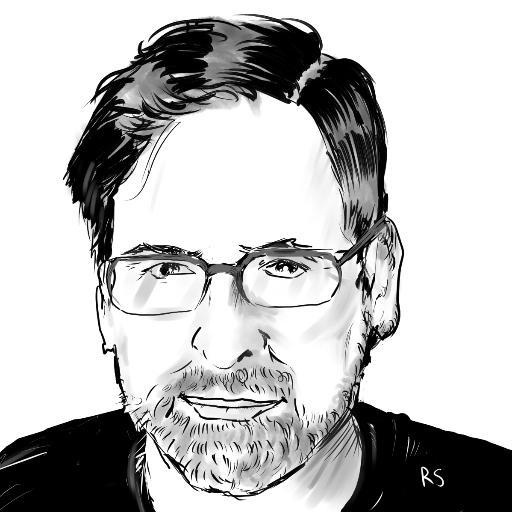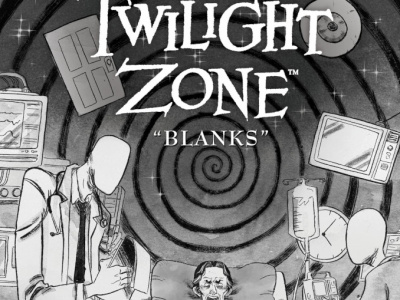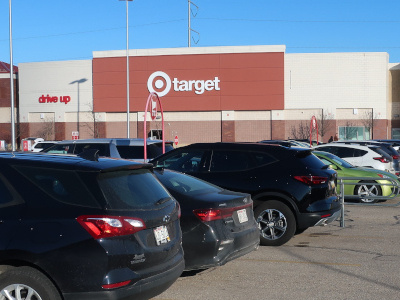Those are the Rotten Tomato scores of the last seven big screen superhero films: Fantastic Four, Avengers: Age of Ultron, Deadpool, Batman v. Superman, Captain America: Civil War, X-Men: Apocalypse and Suicide Squad, respectively. That’s an average of 51, a failing grade – and that takes into account the couple of decent films in the mix.
The box office numbers are still relatively healthy even for the flops, but there is a price to be paid for bad storytelling. Suicide Squad, after a record-setting opening, is already in something of a death spiral, possibly due to poor word of mouth and the impact of nearly universal bad notices.
Needless to say, this is an unhealthy trend for the entire comics and geek culture industry, since the movies have been the battleships clearing the path for geekdom’s triumphant march into the limelight. It’s the kind of thing that spells big trouble if it doesn’t get better.
Here are a few of the biggest things going wrong.
Too Many Agendas. Superhero films have way too much else to do these days to worry about being decent movies. They have to serve longtime fans, sell merchandise, set up the next chapter of the franchise, build the bigger universe, make China happy and so on down the list. Eventually, lugging all that baggage takes its toll.
Creativity by Committee. The English have a lovely term, “over-egging the pudding,” that sums up the biggest problem with even the better superhero movies. It’s not like any comic film (except maybe Tim Burton’s original Batman) is a paragon of auteurism, but the recent batch feel so mechanistic and over-engineered that nothing in them, either the characters or the audience, has a chance to breathe. Age of Ultron, BvS and Suicide Squad in particular seem to suffer from too many ideas and too many course-corrections.
Tone Deafness. This is an easy critique to make from the peanut gallery, but probably something the studios struggle with mightily since there really is no easy answer for how to deal with the fundamental absurdity of superheroes in the context of a relatively real-world story. If you take your subject matter too seriously and make it too dark and ponderous, you end up with BvS. If you go over-the-top campy throughout, maybe you luck out and strike gold (Deadpool) or go down in flames because you’re perceived to have contempt for the property and its fans (Batman and Robin). If you want to go light and heavy in the same movie, it helps to have acting talent capable of spanning that range – Robert Downey, Jr., Samuel L. Jackson and Will Smith, for example, who can all play action roles with enough charisma to put across silly material without making the audience doubt the character. Marvel Studios is uniquely but not uniformly successful at this because, through luck or foresight, they ended up with Downey and Jackson as a pivotal franchise characters from the start and could build around and off them. DC found Smith, but too late for him to do any real good.
Fundamentally Bad Storytelling. We don’t expect superhero movies to provide deep insights into the nature of human existence or carefully-observed character studies, but we do expect their plots to make sense on some level. And yet, almost every film from the last few years has plot holes big enough to navigate a starship through, along with contrived scenes designed to snap messy stories into premade “story beat” and “character arc” structures that would get failing marks in Screenwriting 101. This is completely unnecessary, especially when the movies are based on meticulously plotted (and edited) comics, and where pre-production script doctoring costs pennies on the dollar to post-production edits and reshoots. It also demonstrates disrespect for the audience. Fans will forgive a lot, but not this kind of sloppiness. If a story can’t even be bothered to follow its own rules, why should we care?
Now you might say these problems are endemic to all big-budget blockbusters, and franchises in particular. Is there anything here that doesn’t also apply, to a greater or lesser degree, to the recent Jason Bourne, James Bond or Star Trek movies, for example?
Maybe, but some recent examples show that it is possible to transcend the problems. Last year’s Mad Max: Fury Road, for example, was uncompromising in every way. Reviving a franchise that was last active when Tina Turner was rocking leather mini-skirts, it elegantly combined artistic and commercial success without exhibiting any of the labored gyrations of a modern superhero movie.
It bore the unmistakable stamp of director George Miller’s creative vision, wasted no time on exposition yet left no doubt about key plot points by the conclusion, and didn’t let up on the pace even for a second while it managed to develop its characters and relationships. It racked up a 97% Rotten Tomatoes score, an 86% (4.2/5) audience rating, six Oscar wins on 10 nominations, and a respectable $378 million worldwide gross, more than double its production cost, according to Box Office Mojo.
Granted, a top superhero movie will gross four to five times that, but may not bring as much to the studio’s bottom line after production and marketing costs are factored in. And the thematic constrains of superhero comics – the costumes, the origin stories, the decades of continuity that needs to be acknowledged if not dealt with fully – makes a car chase through a post-apocalyptic wasteland seem like a walk in the park by comparison.
Still, making a big, loud, exciting blockbuster that does great at the box office and doesn’t insult the intelligence of the audience is possible, even if you’re not Marvel, and it’s a good thing to do even if audiences still show up to bad movies, at least on opening weekend, in big enough numbers. Maybe the other studios will figure that out before the public catches up to the critics.
The opinions expressed in this column are solely those of the writer, and do not necessarily reflect the views of the editorial staff of ICv2.com.
Rob Salkowitz (@robsalk) is the author of Comic-Con and the Business of Pop Culture.









